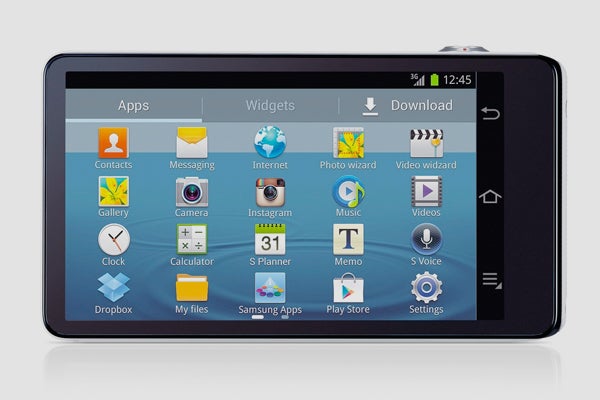Android was originally supposed to be a camera OS, Rubin reveals

Google’s Android operating system was first envisioned as software for digital cameras, co-founder Andy Rubin admitted on Tuesday.
Speaking at an economic summit in Tokyo, the outgoing Head of Android said the intention was for the OS to power a new generation of smart cameras, but priorities switched when it became apparent that smartphones would be the next big thing.
He said it was “the exact same platform, the exact same operating system we built for cameras, that became Android for cellphones.”
Rubin said, before his team was acquired by Google in 2005, that the camera idea was pitched to investors. The plans included software that would hook up with PCs and would offer photo storage in the cloud.
However, as it was, the smartphone market began to take centre stage in the future plans of the big companies and the rest is history.
He added: “We decided digital cameras wasn’t actually a big enough market.
“I was worried about Microsoft and I was worried about Symbian, I wasn’t worried about iPhone yet.”
Ironically, Android would become so big that it would eventually find its way onto digital cameras through impressive devices like the Samsung Galaxy Camera.
That device offers access to the Google Play store allowing for easy on-device editing and easy sharing through apps like Twitter, Facebook and Instagram. The circle, it seems, is now complete.
In other news Rubin refused to be drawn on his new role at Google following his high-profile departure from the Android division he founded.
He added: “I can pretty much guarantee you that whatever I do next it’s going to be something that delights consumers.”
Via: PC World


